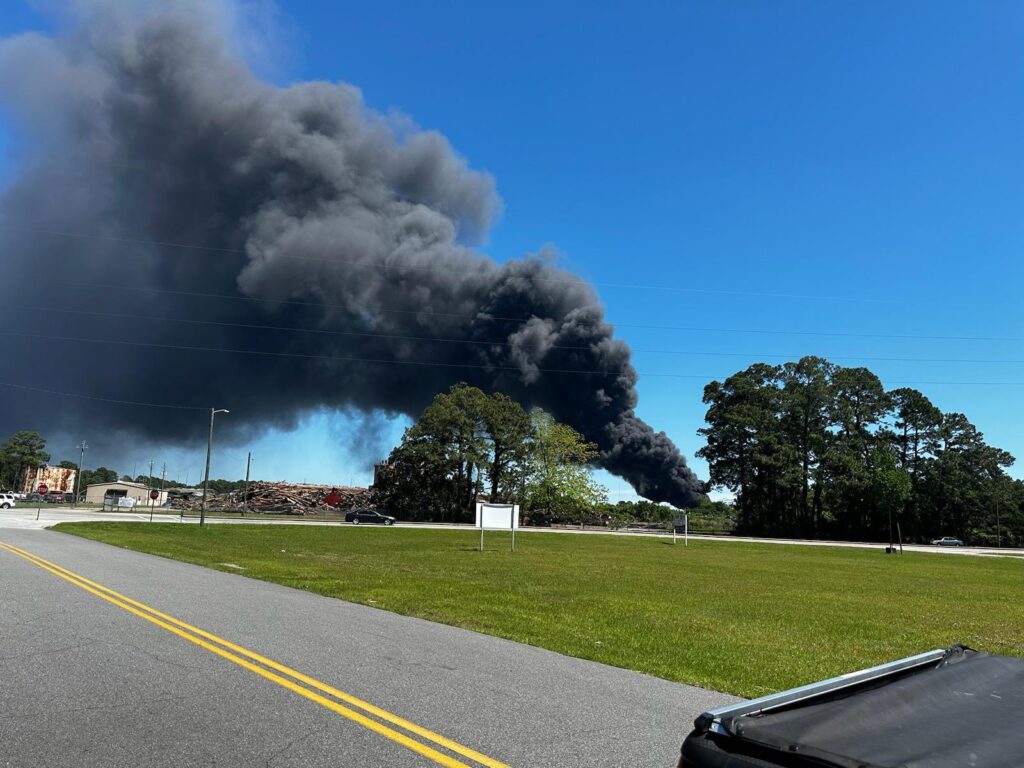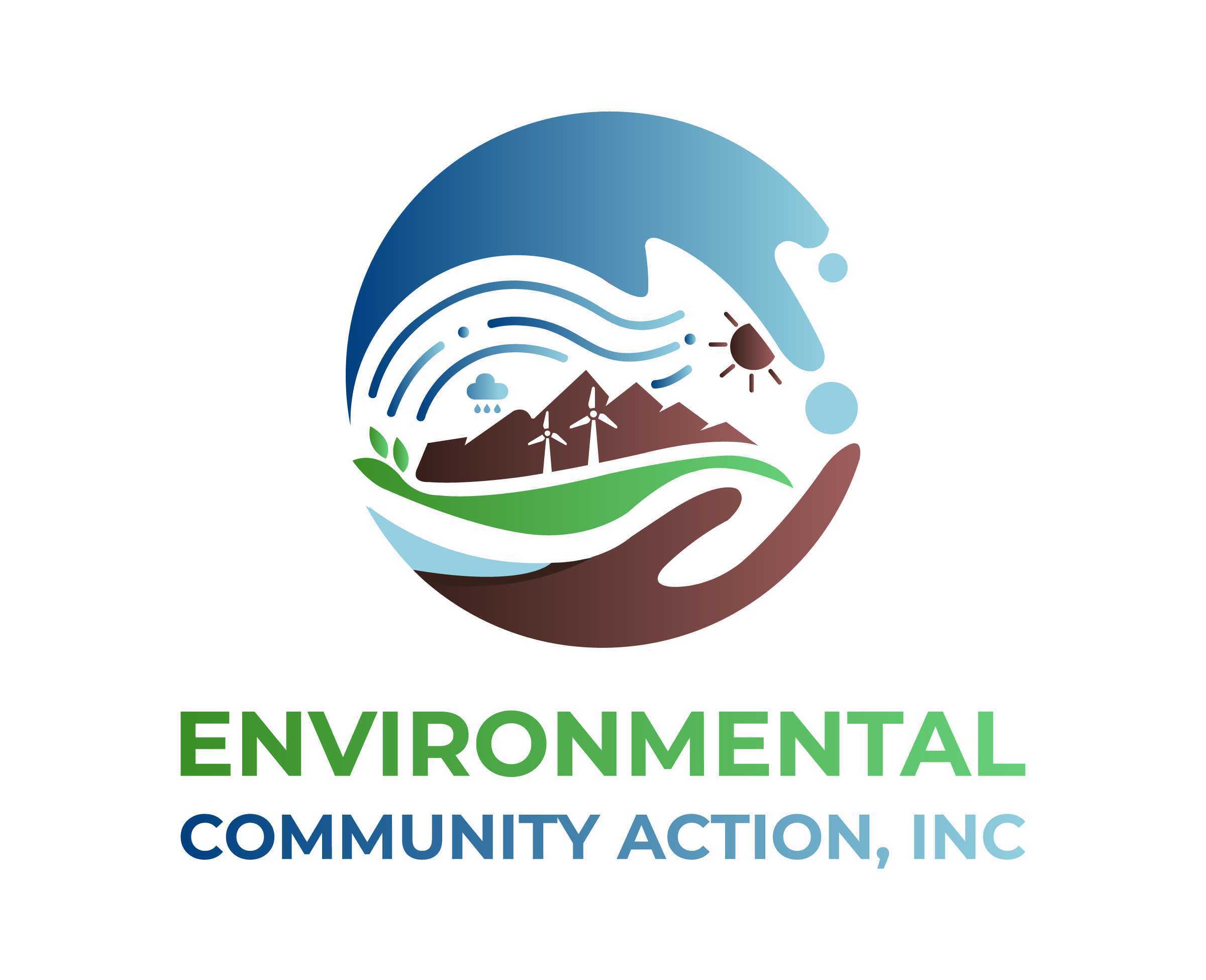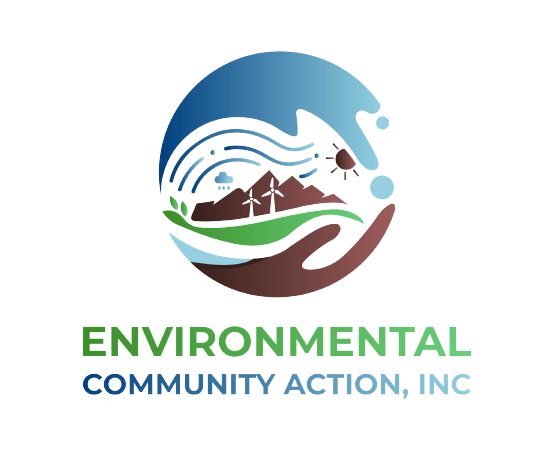
By Ariel Wimbush
Being in attendance for ECO-Action’s first Equity Lens Podcast was more than educational or informative, it was transformational! As a 29-year-old millennial black woman in America, a resident of the south, now, I am discovering there is so much more to learn about environmental and social injustices and inequities in this century. Communities of color and low-income families have been facing the unfair oppression of their rights to live healthy lives for eons now. But in the city of Brunswick, GA, in my view, it’s more than unfair oppression, or low involvement from government resources; now it can be categorized as abuse or even violence (death by negligence). According to Helen Ladson, an Eco-Action Program Manager Assistant, and a resident of Brunswick herself, says “for years the locals say the city smells of ‘bacon and eggs’ ”. No matter where you go in the city you will smell a pungent odor that smells of rotten eggs and according to some sources, sauerkraut. What they are really describing is the smell of chemical pollutants in the air that have fermented in the city’s eco-structure, because of longtime big corporations like Pinova, Georgia-Pacific, and Symrise, who have local facilities within Brunswick.
The stories of people who have lived in the city for years have been majorly impacted in their health because of the changes in their air and water quality, so much so that complaints have been sent to Environmental Protection Division (EPD) and the Glynn Environmental Coalition.
“From the public health standpoint, some of the complaints that our office has received were people complaining of not being able to breathe, irritation of the skin, irritation of the throat. We have residents call 911 because they needed oxygen to be able to breathe comfortably in their homes.”, Rachel Thompson, GEC Executive Director (Muller, 2021).
The stories of the locals in Brunswick were a hot topic and became a main focus of ECO-Action’s Equity Lens Podcast, but it wasn’t the only hot topic. The question was raised, ‘what is more important, the story or the numbers?’ FreAsia Young, ECO-Action’s Program Manager Assistant Lead strongly stated that “qualitative data is just as important as quantitative data”. This was affirmed to me even more as local grassroot environmentalists, community leaders, university faculty and professors, and residents gathered on this Tuesday afternoon that storytelling and “the numbers” matter.
Ms. Carla Lewis, ECO-Action’s Executive Director, beautifully facilitated this narrative that storytelling is not just for the gathering of compassion but it’s also for the gathering of resources. I’m a strong believer that compassion moves us to do something! What good is hearing all these stories about how people’s lives have been radically and harmfully changed by environmental injustices and not do anything about it?
Overall, I feel my experience taking part in the live Equity Lens Podcast was impactful to my own journey in learning more about environmental and social injustices. I didn’t just get to hear from the people that work to help bring resources and shine a light on these issues, but I also heard the personal stories from those these issues affect every day. I’m excited for the next episode and I encourage you to join in!
For more information about the community of Brunswick and how you can help their community you can email Helen Ladson at h.ladson@eco-act.org
Footnotes:
Muller, B. (2021, February 10). What’s that smell? Unpleasant odor wafts through Brunswick. News 4 Jax.
Listen to podcast here via Zoom:
Passcode: fDh7e.E!


